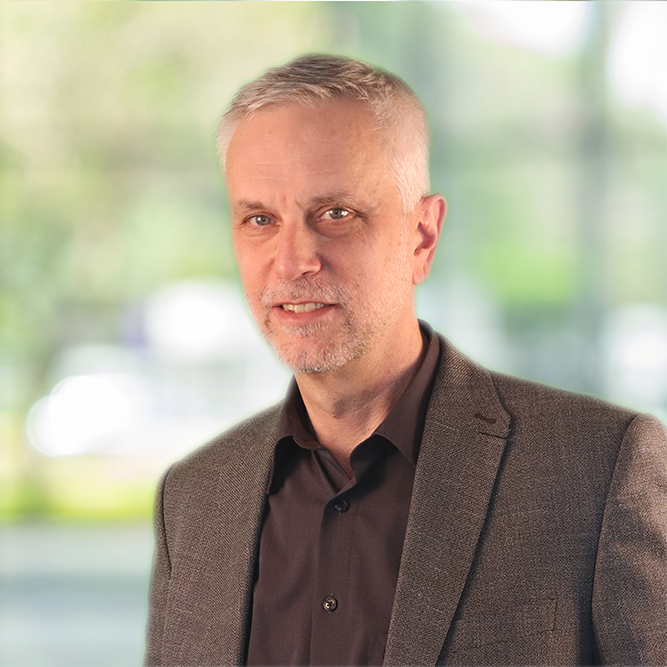
Dr Frederick Fenter
Chief Executive Editor, Frontiers (Switzerland)
Frederick Fenter ![]() (1961) is the Chief Executive Editor of Frontiers, the open-access publisher based in Lausanne Switzerland. He studied chemistry (Ph.D. Harvard, 1990) and conducted research in atmospheric science for a number of years (h=16) before moving into scientific publishing with an appointment as manager of the Inorganic Chemistry Program at Elsevier Science, Lausanne (1997). Since then, he has been founder of a start-up in publishing technology (FontisMedia SA, Lausanne); advisor to the launch of an institutional document repository (InfoScience); and publisher of an English-language University Press (EPFL Press, Lausanne). In 2013 he moved back to Frontiers, which he had previously advised as a consultant during its first 18 months of activity.
(1961) is the Chief Executive Editor of Frontiers, the open-access publisher based in Lausanne Switzerland. He studied chemistry (Ph.D. Harvard, 1990) and conducted research in atmospheric science for a number of years (h=16) before moving into scientific publishing with an appointment as manager of the Inorganic Chemistry Program at Elsevier Science, Lausanne (1997). Since then, he has been founder of a start-up in publishing technology (FontisMedia SA, Lausanne); advisor to the launch of an institutional document repository (InfoScience); and publisher of an English-language University Press (EPFL Press, Lausanne). In 2013 he moved back to Frontiers, which he had previously advised as a consultant during its first 18 months of activity.
As Chief Executive Editor at Frontiers, Fred oversees one of the largest editorial boards in scientific publishing, and leads third party negotiations, public affairs, and business development, among others. He also spearheads Frontiers’ innovative editorial projects such as the Policy Labs, the Coronavirus Hub or the Frontiers Forum. An active advocate for Open Science, Fred frequently organizes and participates in a variety of advocacy events and roundtables.
All OAI12 Sessions by Dr Frederick Fenter
Getting to Open: Plan S, COVID, and Author Choice
Plan S articulated a clear vision for the future of open-access publishing. Now, three years later, we have a exceptional illustration of the potential of open knowledge, as publishers opened access to hundreds of thousands of research papers to confront the challenge of responding to the COVID-19 pandemic. Researchers using new AI tools have already provided important insight using this resource. But other societal emergencies also require an adequate response, including climate change; and overall, the transition to open science continues to be slow. Better progress will be made if and when publishing services are allocated in a manner that better supports the needs and requirements of research scientists.